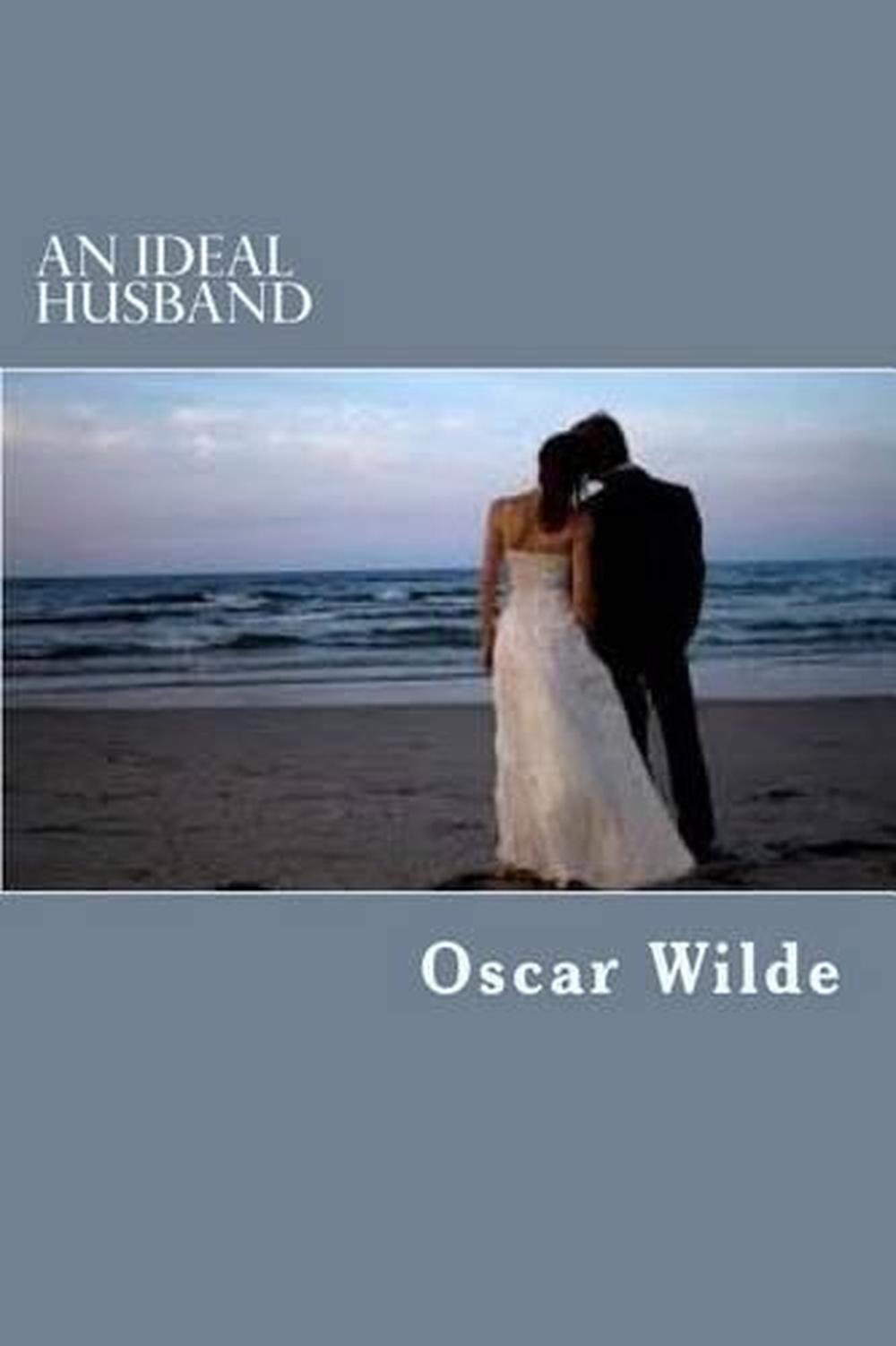

The two leading men, Northam and Everett, are smooth and charming-Northam's Sir Robert more realistic and serious about his life, Everett's Lord Goring like a Wildean visitor from outside the plot, who sees everything clearly, is amused and hardly believes it when Mrs. But of course the actors are indispensable: They have to make characters plausible while negotiating a plot of pure contrivance, and they have to be charming even while lying, scheming and blackmailing. "An Ideal Husband" works because Wilde created an expert mechanism (kind of slow-motion serious screwball comedy) for manipulating the plot and characters. I do not know if the British upper classes of a century ago were actually capable of standing handsomely in drawing rooms while trading elegant epigrams, and I suspect many of them were not, but I don't care-just so they do it on the stage. They were all just cogs in a complicated wind-up mechanism to keep several charming people onstage for three hours, and provide them with an excuse for saying witty things (this is the play where Goring observes, "To love oneself is the beginning of a lifelong romance"). In another sense, of course, neither Wilde nor his audience cared a fig about the letter, the bribe, the blackmail or the romance. Would a man marry a woman he did not love simply to protect a friend, or keep a confidence? Today that would be unlikely, but for the original audiences of "An Ideal Husband," it was plausible enough to keep the entire plot suspended over an abyss of misunderstandings. Cheveley decides that Goring would be a splendid choice as her own third husband. In the course of the plot machinations, romance appears: Goring falls in love with Chiltern's younger sister Mabel ( Minnie Driver), and Mrs. Chiltern begs him to subtly prepare Lady Chiltern for bad news-to help her understand, in a general way, how a chap could do a bad thing and then lead a spotless life ever since. Chiltern's best friend is Lord Goring ( Rupert Everett), a rich and idle bachelor. Either he will change his position on an upcoming piece of legislation, thus protecting her investments, or she will reveal him as a fraud.

Cheveley ( Julianne Moore), who was once married to the baron, and possesses the letter in which Chiltern leaked the information. An old acquaintance of theirs reappears in London: Mrs. Sir Robert is adored by his wife ( Cate Blanchett), whose high standards would not permit her to be married to a cheat and liar. The play tells the story of Sir Robert Chiltern ( Jeremy Northam), a rising parliamentary star who has been a paragon of honesty all of his career-except right at the first, when he shopped some secret government information to a baron, who paid him handsomely.


 0 kommentar(er)
0 kommentar(er)
